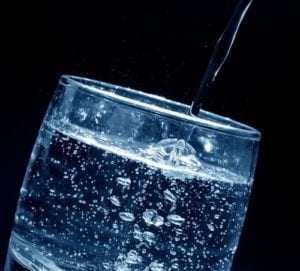Our country needs a water and sanitation revolution. This is was the conclusion of the debate on the Department of Water and Sanitation’s budget in Parliament last week, where Minister Nomvula Mokanyane called for urgent changes in the way South Africans use the precious resource.
The Department currently has a budget of R16.4 billion, however an estimated R67 billion is needed each year over the next decade to fund and maintain water and sanitation infrastructure. Minister Mokonyane believes that with better management and planning more can be done with the existing budget. The government has allocated close to R2.6 billion to local government in the 2015/16 budget, through the Municipal Water Infrastructure Grant, to fund local water services building programmes. Minister Mokonyane said she favoured smaller projects. “You need small water treatment plants that can be easily managed and that can also be developed within a very short period of time and that can cope with climate change and the realities,” she explained.Three pillars of the water revolution
In her budget speech she spelled out the three key pillars of the water revolution. “The first involves the use of innovation and regulation to reclaim the water that is already developed and available for use.”The department would put in place conservation measures that would bring about a “paradigm shift” in the way society treated water. Further, it would “seek to move our sanitation systems from highly wasteful, waterborne sewerage, to low-water and no-water solutions”.
The second pillar involved supplementing surface water supplies from underground aquifers, recycling used water, rainwater harvesting, and reusing treated acid mine water. The department would also move away from building highly centralised, expensive wastewater treatment plants and technologies, turning instead to “low-energy-using and actually energy-producing” systems. The third pillar involved “improving the capacity of the state to better license the use of water”. This is crucial as we must change the behaviour of South Africans when it comes to water use.







